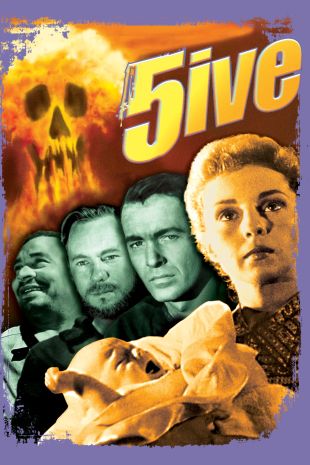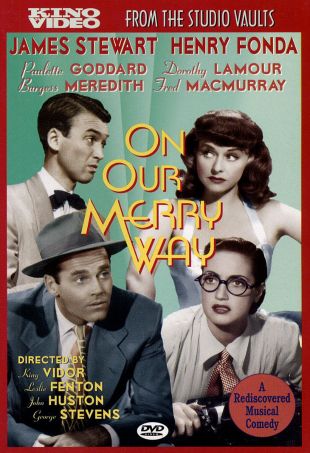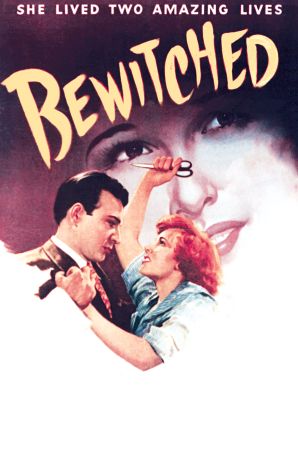Chicago-born Arch Oboler and the radio industry literally grew up together; Oboler sold his first radio scripts in the '20s, while he was still in high school. In 1936, Oboler took over a weekly radio horror anthology, Lights Out, from producer Willis Cooper. At this point in his career, Oboler was more fascinated with the technical end of radio than with nuances of plot and character development. Thus, he used Lights Out to experiment with some of the most chillingly convincing sound effects in history, the most famous of which included the sound of a man being turned inside out (an effect achieved with a wet rubber glove). In 1939, CBS hired Oboler to oversee a wide-ranging radio anthology, Arch Oboler's Plays this program was distinguished by its near-poetic prose, politically charged themes, and stream-of-consciousness narratives. Branching out to film and stage writing, Oboler contributed screenplays to such films as Escape (1940), Gangway for Tomorrow (1943) and On Our Merry Way (1948), and also penned a blank-verse Broadway play, Night of the Auk (1956). Oboler's first film directing job (from his own script) was Strange Holiday (1942), a cautionary anti-Fascist piece originally intended to be shown only to employees of General Motors. MGM's Bewitched (1945), a nightmarish forerunner to such "multiple-personality" films as Three Faces of Eve, represented Oboler's best directorial work; thereafter, he let his preoccupation with gimmickry get the better of him. Five (1951) is a pretentious and totally ludicrous post-apocalyptic drama about the last five people on earth; Bwana Devil (1952), the first 3-D feature film, made a lot of money but is worthless outside of its stereoscopic photography; The Twonky (1953) is a stupid comedy about a malevolent TV set; and The Bubble (1966), another 3-D effort (in "Space Vision") was so bad it was held back from release for nearly three years. Though his film career was spotty at best, Arch Oboler will always be regarded as one of the giants of radio's golden age; his original Lights Out broadcasts are still being syndicated to local radio stations, introducing whole new generations to the "Theatre of the Mind."
Arch Oboler
Active - 1940 - 1972 |
Born - Dec 7, 1909 |
Died - Mar 19, 1987 |
Genres - Drama, Science Fiction, Comedy
Share on


